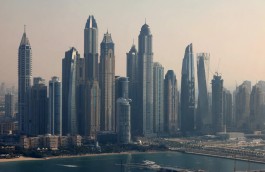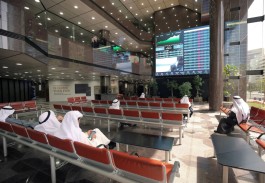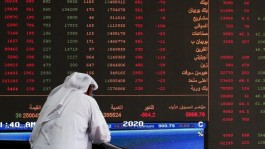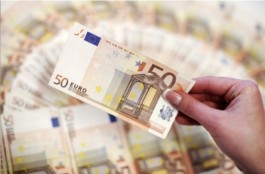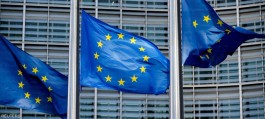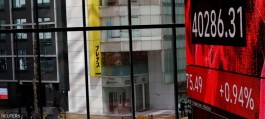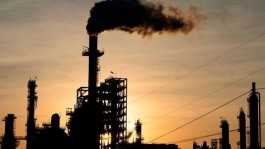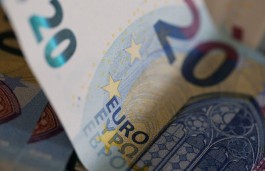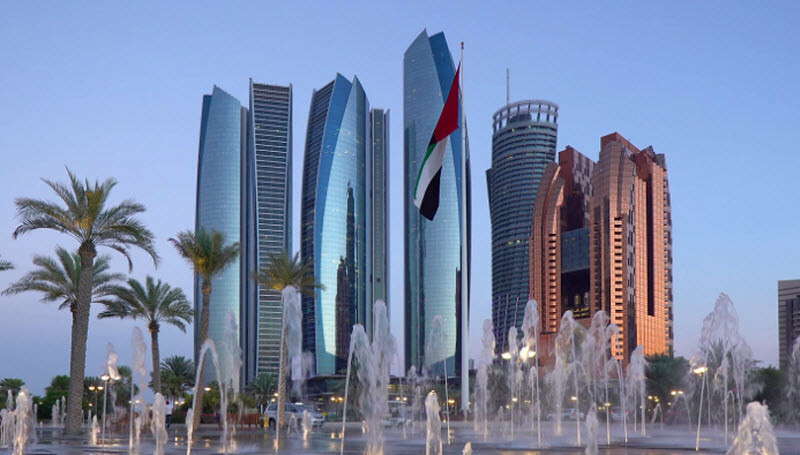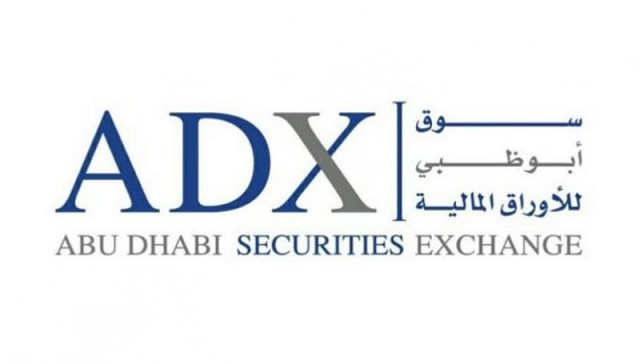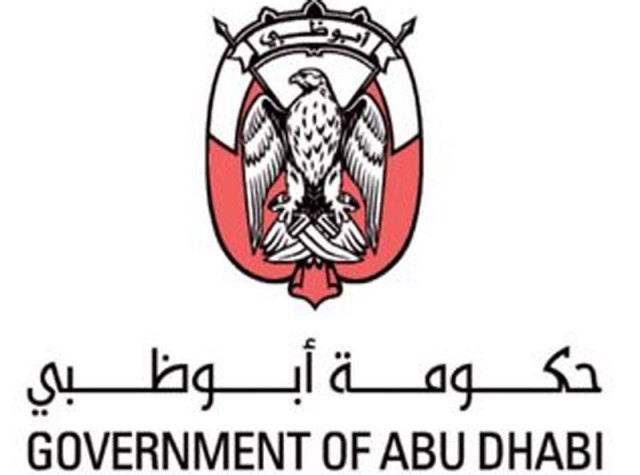Standard & Poor's has maintained the credit rating granted to the UAE capital Abu Dhabi at the level of + AA / A-1 in the short and long term.
According to Al Khaleej newspaper, the agency said that the emirate’s net assets exceed 250% of its GDP, which contributes to the effective preventive policies adopted by the country in maintaining growth from the sharp decline in world oil prices and external shocks.
The agency suggested that high financial liquidity will contribute to maintaining the emirate's economy from the growing economic consequences of the spread of the new Corona virus to the global economy and to the region.
The agency maintained a stable outlook for the emirate’s economy, as well as evaluating debt issuance for Oasis Industries by debt at AA.
The agency expects Abu Dhabi's economy to record real growth this year, at an average rate of 2.5% compared to 2% last year, and it is likely to maintain stable growth levels at 2% in the next three years.
And likely to maintain a surplus in its trade balance in excess of 10.6% of GDP this year, to continue to rise to 15.7% of GDP by 2023.
The agency said that the total debt obligations of the Abu Dhabi government did not exceed 17% of the emirate's gross domestic product, according to the latest data at the end of June last year.
She ruled out that government companies, with the exception of ADNOC, would raise debt levels from their current levels in the near future.
She said that the recently established Abu Dhabi Holding will be the first line of defense to meet any financial requirements in the next stage for its companies, and that the agency excluded that such requirements arise as a result of the current situation.
The agency drew attention to the stability of the credit situation at the level of the country as a whole, with estimates that the total debt on the governments of Dubai, Sharjah and Ras Al Khaimah combined does not exceed 33% of Abu Dhabi's GDP in 2019.
